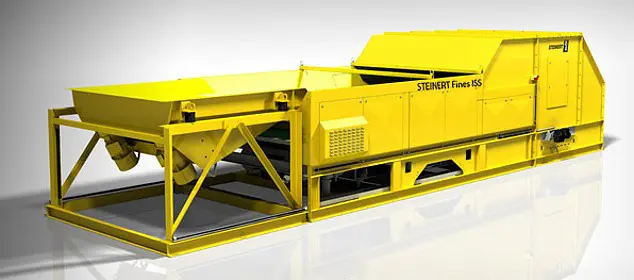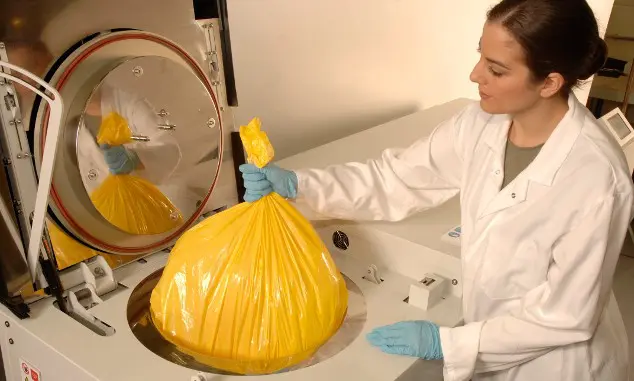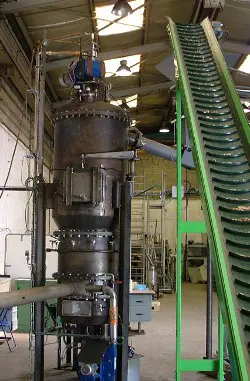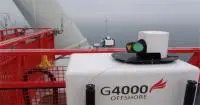
Cologne based separation technology supplier, STEINERT Elektromagnetbau has launched a specially designed Fines ISS all-metal recovery system for particles sizes down to 1mm.
The Fines ISS (Induction Sorting System) features STEINERT’s ARGOS C inductive sensor technology, which the company said has been developed in close cooperation with customers to meet the demands of a market which is showing increasing demand for fines metal products below the size of 10mm.
The manufacturer explained that particles in this size range from post eddy current Auto Shredder Residue (ASR) streams are especially high in copper content, and that recent installations at its customer’s recycling facilities show that even an additional 1% of metal recovery with its Fines ISS leads to a short term ROI.
STEINERT added that the typical product coming from a Fines ISS used to process the waste from an eddy current separator includes up to 80% of previously undetectable very small bare and insulated copper wire.
Two new technologies
The system combines two new technologies specially developed for the separation of very fine metals. The ARGOS C inductive sensor is said to offer previously unseen sensitivity readings to allow for a recovery of particles down to 1 mm in size.
This sensor is a fully digital sensor providing conductive imaging enhancing the accuracy of the separation by giving detailed information on each detected particle. Data is transferred via Ethernet, which is said to enable a quick succession of signals to be accurately identified.
The second new technology integrated in the Fines ISS is a bullet-type valve bar that the manufacturer said allows for extremely accurate firing to minimise the consumption of compressed air – the major factor in operating costs for every modern sensor sorter.
It is also said to increase the purity of the metal product because more accurate firing means less unwanted carryover of non-metallic contaminants.
Both the new ARGOS C sensor and the bullet-type valve bar are connected through a control panel allowing for a large variety of signal based information to be processed.
The company said that this leads to the best possible results in terms of recovery and purity with the highest means of sensitivity and selectivity for the customers in today´s changing markets.
While the initial success of the very first STEINERT Fines ISS sensor sorters came within the ASR-industry, the manufacturer said that additional applications for the technology have already been identified in the fields of metal processing from waste to energy bottom ash and plastic waste processing to clean up PET-Flakes.
The STEINERT Fines ISS is available in 1m & 2m working widths.







